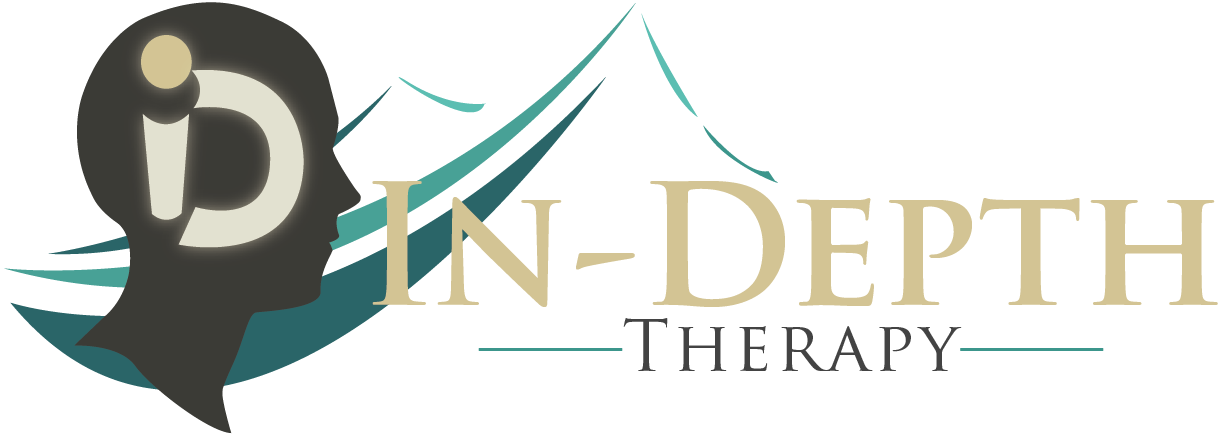Offering Innovative Treatments In Grief & Loss
INDUCED AFTER-DEATH COMMUNICATION
THE IADC THERAPY PROCESS
IADC Therapy generally involves two sessions on two consecutive days. It focuses on reducing the sadness associated with grief by using a modified protocol of EMDR Therapy. Once a greater degree of resolution is achieved, a state of receptivity is then cultivated. In this state, most clients perceive a deep and loving connection with the deceased loved one through one or more of the five senses or through some other sense-of-presence perception.
Clients who undergo successful IADC Therapy report significant reduction of the sadness associated with the death of a loved one. They frequently report resolution of any unsettled issues in the relationship with the deceased, and they report feeling reassured of their loved one’s wellbeing. Perhaps most meaningfully, however, clients report experiencing a deep sense of connection with their loved one and a transformation in feelings of separation.
Although most clients believe in the authenticity of their ADCs, beliefs play no role in the efficacy of the treatment, and IADC Therapy does not suggest a source for the experience. A client who believes the phenomenon is spiritual in nature can receive the same healing benefit as one who believes it is neurobiologically—based or otherwise explained.
WHAT IS AN ADC?
The term After-Death Communication, or ADC, refers to the spontaneous experience of perceiving the presence of a deceased loved one. ADCs are a frequently-reported and naturally-occurring phenomenon. Studies indicate that up to 40 percent of adults have had ADC experiences; for widows that figure is as high as 70 to 80 percent; and 14 percent of adults report actually seeing or hearing the deceased in their ADC experiences (Rees, 2001; Dastson & Marwit, 1997; Silverman & Worden, 1993; Simon-Buller, et al., 1989). This treatment method is called Induced After-Death Communication as it induces the psychological state in which spontaneous ADCs can occur.
RESEARCH ON IADC
A control group-design research study, Effects of Induced After-Death Communication on Grief, was conducted at the University of North Texas by Dr. Jan Holden et al. Participants who underwent IADC were shown to have benefited significantly over those who received conventional treatment. This study is awaiting publication in Grief Matters: The Australian Journal of Grief and Bereavement. Research on IADC by Dr. Claudio Lalla is currently underway in Italy. And a new study by Dr. Tom Nehmy has been approved to begin at the University of Adelaide in Australia.

